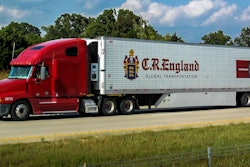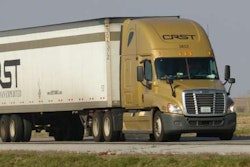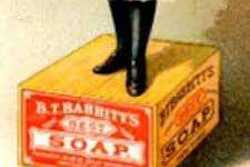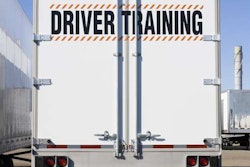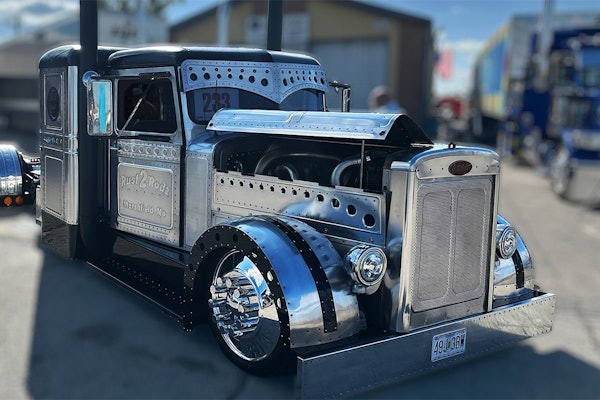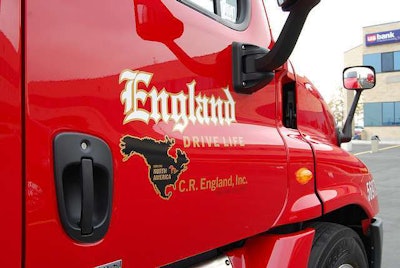
“A lot of confusion exists with our exemption request,” he said this week. “People think this is an attempt to try to escape some sort of training or safety requirement or diminish training or safety — and that’s not the case at all.”
The only new entrant drivers that fall under the exemption, England says, are those who have completed all necessary skills tests and written tests and who have a commercial learner’s permit, but simply haven’t been to their home state “to stand in a line at the DMV,” England said, to receive their CDL.
“They’ve met all the same requirements” as an actual CDL holder, he said. “There are no more requirements and no more testing. Otherwise, we wouldn’t have asked for [the exemption].”
The waiver granted to C.R. England this week by the Federal Motor Carrier Safety Administration allows new drivers, who have documentation that they’ve passed written and skills tests, to operate a commercial truck without a CDL-licensed driver-trainer in the front seat, as required by federal regulations.

The driver-trainer would still be in the vehicle, according to C.R. England’s exemption application and FMCSA’s waiver, but he or she could be in the sleeper. C.R. England said in its original application for the exemption in December, and TJ England told Overdrive this week, that the exemption will allow the fully trained, learner’s permit-holding drivers to work in a team operation until they can be routed to their home state to obtain their CDL.
England said upcoming changes to CDL issuance rules, set to go into effect July 8, make it more difficult for drivers to get to their CDL-issuing state — their home state — to receive their actual CDL card. England likened the changes to a student who goes to school outside of his or her home state, but must return home to obtain a diploma before being able to work a job.
England said while FMCSA’s intentions with the rule changes are good — reducing CDL fraud — one key “unintended consequence” limits states’ ability to grant temporary CDLs, which would allow new entrant drivers to drive and carriers to route them to their home state to receive their permanent CDL before the temporary would expire.
“We didn’t like [how the new rules] unfairly impeded out of state drivers and made it more difficult for them to get a CDL and get to work,” he said. “What we wanted was to level the playing field between in state and out of state driver applicants, so when they were qualified and had met all the standards, they were then able to drive.”

